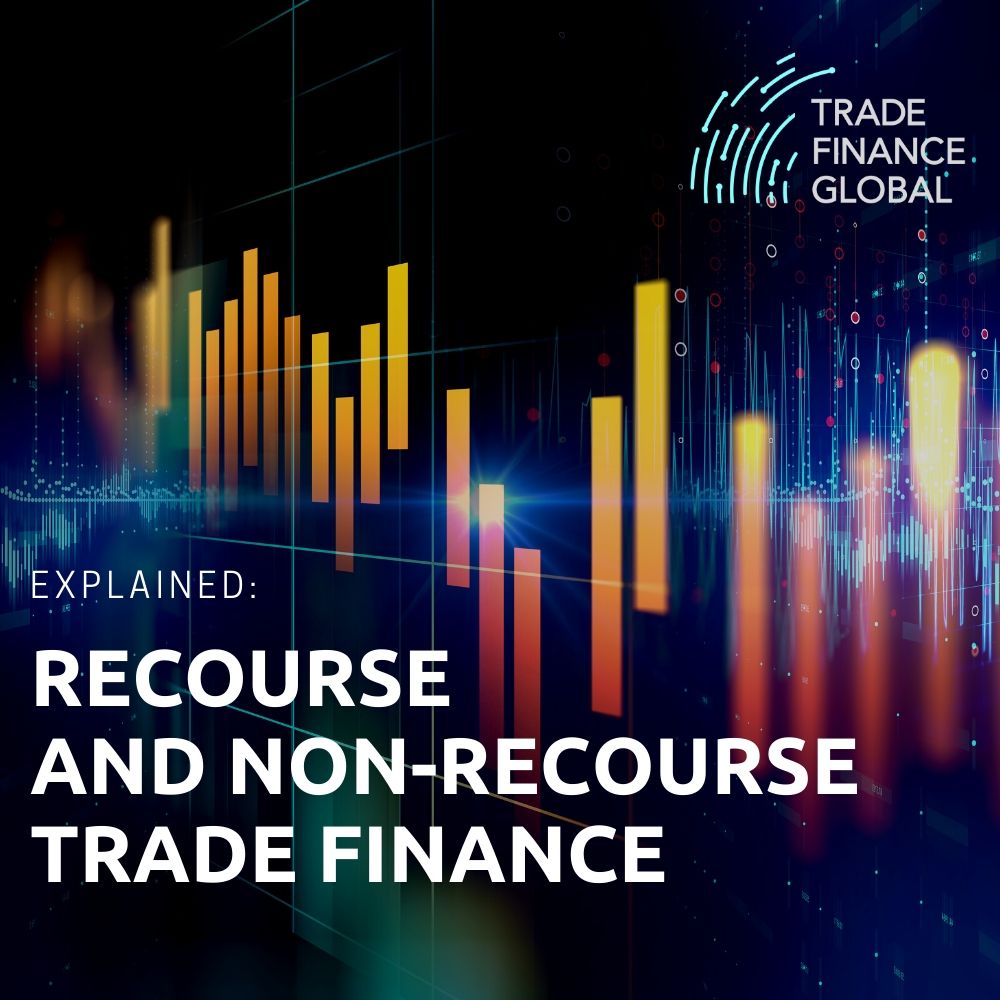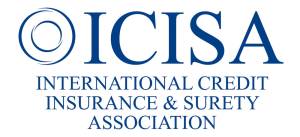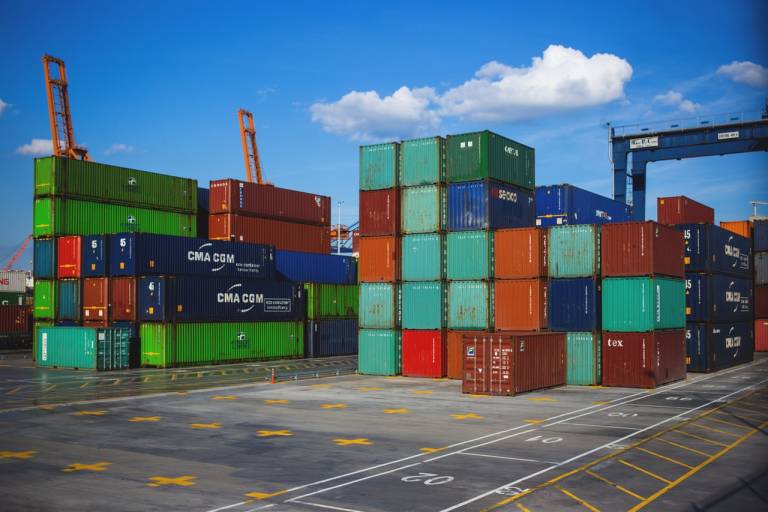Trade Finance Course and Certificate in International Trade and Finance



Access trade, receivables and supply chain finance
We assist companies to access trade and receivables finance through our relationships with 270+ banks, funds and alternative finance houses.
Get startedContent
If you are looking for an accredited international trade finance course, you have come to the right place. TFG has partnered with the London Institute of Banking and Finance to offer the Certificate in International Trade and Finance (CITF) designation. CITF is the industry certification designed for finance professionals who want to improve their knowledge of the products, documents, trade terms, roles and responsibilities that underpin international trade and finance.
Overview of this International Trade and Finance Course
- Royal Charter approved Qualification
- Comprehensive training, approved by Trade Finance Global
- Free one year supply of Trade Finance Talks Magazine
- Written by international trade and finance practitioners and experts
By completing this course you will improve your knowledge of the products, documents, trade terms, roles and responsibilities that underpin international trade and finance. The CITF qualification also helps you develop a basic understanding of fraud prevention and risk in trade finance.
This International Trade and Finance training program develops the appropriate technical knowledge and skills required to enable you to apply that knowledge to situations within the workplace. The qualification provides a core understanding of the products, documents, trade terms, roles and responsibilities that underpin international trade and finance. In addition to this core knowledge, CITF® helps you to develop a basic understanding of fraud prevention and risk in terms of trade finance. The qualification also develops an understanding of contemporary international trade and finance topics such as sustainability, digital disruption and innovation, ensuring that students have relevant and up-to-date knowledge for the industry.
Who is the course for?
This course is perfect for those seeking a professional international trade and finance course and aspiring to work within an area dealing with trade finance. This certificate will allow you to stand out from the crowd as you can use the CITF designation after your name upon completion.
The CITF has been designed by renowned specialists in the trade finance field to include all the key insights and hidden details that will help students outperform their competition. Whether you are trying to break into the industry by impressing hiring managers or looking for a training program that will give your team a competitive edge in today’s hyper-competitive environment, you have come to the right place.
What is International Trade Finance?
International trade financing includes services such as lending facilities, issuing Letters of Credit (LCs), export factoring (companies receive funds against invoices or accounts receivable), forfaiting (purchasing the receivables or traded goods from an exporter), export credits (to reduce risks to investors when providing trade or supply chain finance), and insurance (during delivery and shipping, also covers currency risk and exposure), among others on an international scale.
Why take an International Trade and Finance Course?
The Certificate in International Trade and Finance (CITF) provides you as a trade, export and commodity specialist with a thorough understanding of international trade procedures, practices and legislation.
CITF develops the appropriate technical knowledge and skills required to enable you to apply that knowledge to situations within the workplace. The qualification provides a core understanding of the products, documents, trade terms, roles and responsibilities that underpin international trade and finance. In addition to this core knowledge, a trade finance course will help you to develop a basic understanding of fraud prevention and risk in terms of trade finance. The qualification also develops an understanding of contemporary international trade and finance topics such as sustainability, digital disruption and innovation, ensuring that students have relevant and up-to-date knowledge for the industry.
Better yet, upon completion, you will be able to use the CITF designation after your name. Plus, this course allows you to earn continued professional development (CPD) learning hours or personal development units (PDUs) towards a Certificate for Documentary Credit Specialists (CDCS), Certificate for Specialists in Demand Guarantees (CSDG) and Certificate in Supply Chain Finance (CSCF) recertification

Course Overview
CITF is made up of one mandatory unit on the International Trade and Finance Environment (ITFE) which needs to be successfully completed in order for you to achieve the certificate.
The qualification will encourage you to:
- understand the processes involved in each type of international trade product, the risks involved and the roles and responsibilities of all parties involved in international trade transactions.
- develop an understanding of current technical language, methods and practices of international trade and finance.
- select and interpret international trade and finance products and services and reflect upon their desirability and effectiveness in a variety of scenarios.
- understand and interpret how international trade finance products respond to the drivers and implications of changes in the wider international environment and how these changes affect decision-making.
- increase your ability to work and learn independently.
Further details
There are no specific entry requirements and registration is open year-round. However, working knowledge of the basics of trade finance would be an advantage and you need to be satisfied with your ability to study in English.
In line with the London Institute of Banking & Finance regulations, as CSCF is a single unit qualification, recognition of prior learning does not apply
The Certificate in International Trade and Finance is a Level 3 qualification registered with Ofqual in the Regulated Qualifications Framework (RQF).
Fees
Registration fee: £655
Exam resit fee: £350

Key Skills Developed
By completing this international trade finance course, you will gain knowledge in:
- The international trade environment
- Parties involved in international trade and finance and their roles
- Documents used in international trade and the Incoterms 2010 rules
- Contracts
- Trade-based financial crime compliance
- Methods of settlement
- Documentary collections
- Documentary credits
- Guarantees and standby letters of credit
- Principles of supply chain finance
- Other forms of finance
- Export credit insurance
- Foreign exchange risk management
- Digital disruption and innovation
Time required to study
Total Qualification Time (TQT) is a prediction of the total time a student with no prior knowledge might need to complete the course.
TQT consists of two elements, Guided Learning and all other hours: Guided Learning is the amount of time spent studying under the immediate guidance or supervision of a teacher. All other hours include hours spent unsupervised in research, learning, e-learning, e-assessment, exam preparation, and formal assessments.
CSCF is primarily considered as a distance learning qualification with on-demand examinations through Pearson VUE.
Guided Learning Hours: 0 hours
Other hours: 200 hours
Total Qualification Time: 200 hours

Examination / Assessment and further details
CITF is assessed through a two-hour 100 mark objective exam split into two sections:
- Section A – 80 multiple-choice questions. This component of the examination is worth 80 marks.
- Section B – 4 case studies each with 5 attached multiple-choice questions. This component of the examination is worth 20 marks.
To achieve an overall pass, you must achieve a mark of 70% overall.
You can choose which date to sit your exam at selected centres worldwide, with the result provided on the day. The exam must be written within one year of registration. Organizing time and location to write the exam is the sole responsibility of the student. It is recommended to schedule a time at least three weeks in advance, although depending on demand requirements, some students are able to schedule their exam with as little as two working days notice.
Your first exam is included in the registration fee. If you need to retake an exam a resit fee of £350 will be payable. Once you have successfully completed the unit, we will post your qualification certificate.
Learning resources that you’re given
Study texts are included in your registration fee and you will have access to online study texts immediately after payment. LIBF aim to send a hard copy of your study texts by post within five working days of receiving your registration fees. Study texts contain review questions and activities to support your learning.
The following study materials are also included in your registration fee and are available immediately after registration:
- online access through MyLIBF to learning materials and to KnowledgeBank
- a unit syllabuses
- Study text
- specimen paper
- a student-led forum
Extras (from TFG)
By registering for this course through the TFG partnership program you will also receive:
- A free hard copy subscription to TFG’s Trade Finance Talks magazine,
- A free subscription to TFG’s podcast series, and
- A free subscription to TFG’s e-newsletter
TFG produces a wealth of educational videos and guides for businesses on topics around trade, and shares industry knowledge through its role as strategic media partners for trade conference providers around the world.
Attracting around 100k monthly readers, our online publications (the Trade Portal) have a global audience in 185 countries. Our newly launched specialist content hubs provide guides, thought leadership articles and features on almost every aspect of trade. Gaining access to this wealth of information will be the perfect supplement to your supply chain finance certification and will enable you to continue learning and increasing your expertise.
Our trade finance partners
- Trade Finance Resources
- All Trade Finance Topics
- Podcasts
- Videos
- Conferences
- Products we finance




















